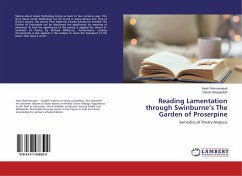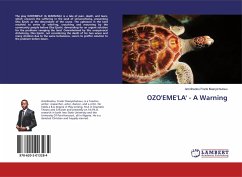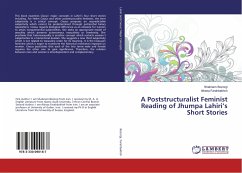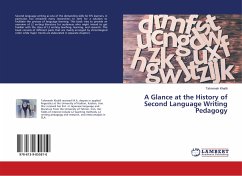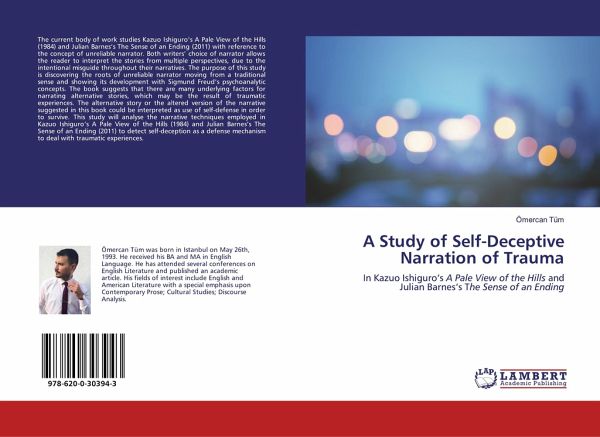
A Study of Self-Deceptive Narration of Trauma
In Kazuo Ishiguro's A Pale View of the Hills and Julian Barnes's The Sense of an Ending
Versandkostenfrei!
Versandfertig in 1-2 Wochen
36,99 €
inkl. MwSt.

PAYBACK Punkte
18 °P sammeln!
The current body of work studies Kazuo Ishiguro's A Pale View of the Hills (1984) and Julian Barnes's The Sense of an Ending (2011) with reference to the concept of unreliable narrator. Both writers' choice of narrator allows the reader to interpret the stories from multiple perspectives, due to the intentional misguide throughout their narratives. The purpose of this study is discovering the roots of unreliable narrator moving from a traditional sense and showing its development with Sigmund Freud's psychoanalytic concepts. The book suggests that there are many underlying factors for narratin...
The current body of work studies Kazuo Ishiguro's A Pale View of the Hills (1984) and Julian Barnes's The Sense of an Ending (2011) with reference to the concept of unreliable narrator. Both writers' choice of narrator allows the reader to interpret the stories from multiple perspectives, due to the intentional misguide throughout their narratives. The purpose of this study is discovering the roots of unreliable narrator moving from a traditional sense and showing its development with Sigmund Freud's psychoanalytic concepts. The book suggests that there are many underlying factors for narrating alternative stories, which may be the result of traumatic experiences. The alternative story or the altered version of the narrative suggested in this book could be interpreted as use of self-defense in order to survive. This study will analyse the narrative techniques employed in Kazuo Ishiguro's A Pale View of the Hills (1984) and Julian Barnes's The Sense of an Ending (2011) to detect self-deception as a defense mechanism to deal with traumatic experiences.



